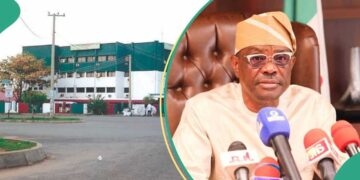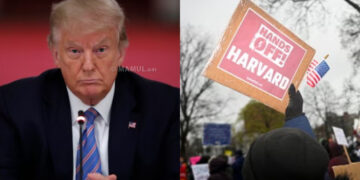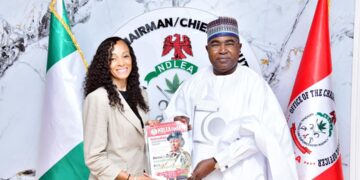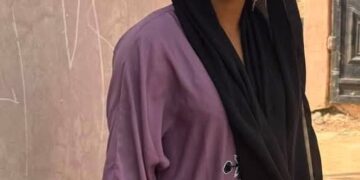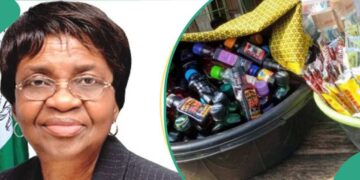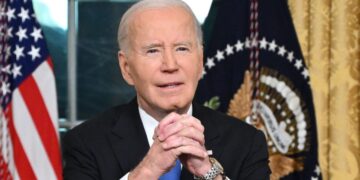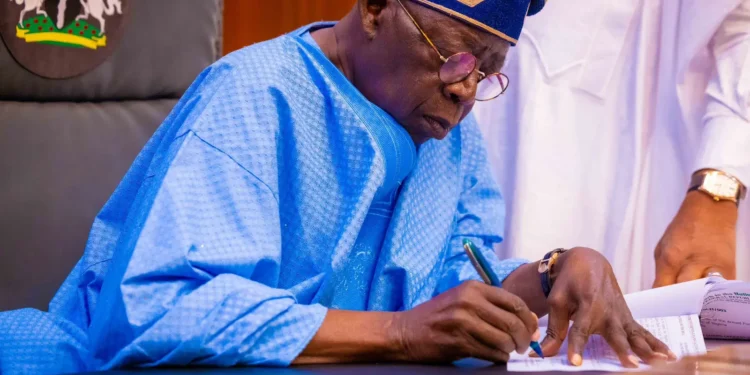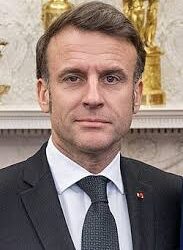HURIWA to Challenge Compulsory Voting Bill in Court, Calls for United Civil Society Resistance
By Emmanuel Onwubiko
The Human Rights Writers Association of Nigeria (HURIWA) has declared its intent to legally challenge the controversial bill seeking to make voting compulsory for all eligible Nigerians, warning that it poses a grave threat to constitutional liberties and undermines democratic principles.
The bill, which has passed second reading in the House of Representatives, was sponsored by the Speaker of the House, Rt. Hon. Abbas Tajudeen, and seeks to amend the Electoral Act 2022 to criminalize voter abstention. It proposes a fine of up to ₦100,000 or imprisonment for eligible citizens who fail to vote in national and state elections.
HURIWA, in a strongly worded statement issued in Abuja on Friday, condemned the bill as a dangerous and unconstitutional overreach that seeks to enforce democratic participation through coercion, rather than building trust in the electoral process.
“This is not just an ill-advised piece of legislation — it is a blatant assault on the fundamental rights enshrined in the Nigerian Constitution. Voting is a right, not a state-imposed obligation. Any attempt to transform that right into a mandatory duty, punishable by law, is dictatorial and anti-democratic,” the statement signed by HURIWA’s National Coordinator, Comrade Emmanuel Onwubiko, read.
He disclosed that HURIWA is already in advanced consultations with a consortium of human rights lawyers and constitutional experts, with the intention of filing a suit to stop the bill, even before it becomes law, citing its inherent unconstitutionality and dangerous implications for democratic freedoms.
HURIWA asserted that while increasing voter turnout is a legitimate policy goal, it must not come at the expense of civil liberties. “Compelling people to vote through threats of punishment does not build democracy — it destroys it,” the group said.
Citing Sections 39 and 40 of the 1999 Constitution (as amended), which guarantee freedom of expression and association respectively, HURIWA emphasized that these rights include the freedom not to engage — a crucial but often overlooked element of participatory democracy.
“Refusing to vote is in itself a political statement, and any law that criminalizes such a decision is attempting to silence dissent,” Onwubiko said.
Referencing opinions from the country’s legal community, inuding NBA President, Mazi Afam Osigwe (SAN), and Femi Falana (SAN), HURIWA stated that the real challenge is not that Nigeria are unwilling to vote, but that they no longer believe their votes count.
“Rather than threatening the people, the National Assembly should focus on rebuilding the integrity of our electoral institutions,” HURIWA stated
HURIWA called on other civil rights organizations, pro-democracy advocates, and public interest litigators to unite in opposition to the bill and join its legal action against it.
“This is the moment for every patriotic citizen to speak out. Today, it’s compulsory voting. Tomorrow, it could be state-mandated political allegiance or punishment for non-membership of parties. The slope is slippery and the consequences are dire,” Onwubiko warned.
He noted that in democratic countries where compulsory voting is implemented — such as Belgium or Australia — it operates within robust democratic frameworks that have strong civic education systems, high trust in institutions, and transparent governance structures.
“But Nigeria is not Belgium,” HURIWA argued. “We are grappling with electoral malpractice, judicial compromise, rising autocracy, and insecurity. To superimpose a coercive law like this in our environment is both misguided and malevolent.”
HURIWA urged the National Assembly to redirect its legislative efforts toward real electoral reforms that address the root causes of voter apathy — including ending impunity for rigging, prosecuting electoral offenders, strengthening INEC’s independence, and eliminating political thuggery and vote-trading.
“Democracy cannot thrive where fear replaces choice. Free, fair, and credible elections are the heart of democracy — and that starts with the right to choose whether or not to participate,” Onwubiko emphasized.
As the bill proceeds through the legislative process, HURIWA has pledged to maintain sustained advocacy and civil mobilization, including public awareness campaigns and international engagement, to ensure the Nigerian public and the world fully understand the threat it poses.
“This bill must not become law. It is not just an affront to legal rights — it is a direct assault on the spirit of democracy,” HURIWA concluded.
The association urged all Nigerians, especially members of the legal and civil society communities, to remain vigilant and to resist attempts to legislate dictatorship in the guise of democratic reform.


